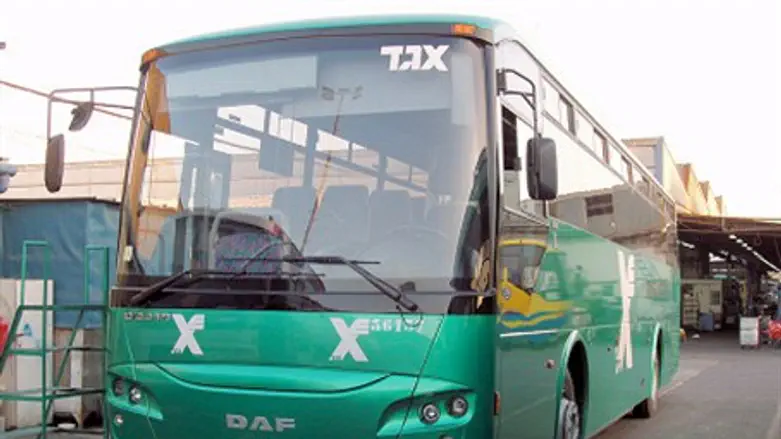
In the wake of the kidnapping of three Israeli teens who were apparently taken prisoner when they tried to hitchhike a ride in Gush Etzion, new security measures will be taken to ensure the safety of travelers in Judea and Samaria. The new measures include the installation of cameras at main pickup points in Judea and Samaria, the dispatching of army patrols to keep an eye out for the safety of hitchhikers, and a major capital investment in the public transportation system in Judea and Samaria.
That, said Samaria Council chairman Gershon Mesika, is an excellent example of “penny wise, pound foolish.”
In a new plan drawn up by the IDF, Shimon Peretz, Deputy IDF Commander for the Hevron district, said that IDF troops and police would begin patrolling the roads, with the specific mission of watching out for the safety of those standing at bus stops and pickup points. Police will also advise those standing at the points on what to watch out for before getting into a vehicle. The patrols will begin in the coming days.
New lighting will be installed at many bus stops, in order to discourage kidnappers from seeking and grabbing victims, more likely to be done done under cover of darkness - as was the case in the recent abduction of Eyal Yifrah, Gilad Sha'ar and Naftali Frenkel. New cameras will also be installed at many stops. An IDF spokesperson said that, according to the army's experience, there were almost no instances of kidnappings or attempted kidnappings at bus stops and pickup points where cameras and sufficient lighting had been installed.
The IDF is also working with bus companies to increase the number and frequency of buses on key lines. Many bus lines in Judea and Samaria stop running at 9 or 10 PM, but under the new plan, buses will continue to run till past midnight. IDF officials that even outlying communities will have bus service to one destination or another at least once an hour, until at least midnight. In addition, special buses will be provided for students of yeshivas and pre-military academies.
In order to increase the frequency of buses, more and newer buses – with special windows to protect passengers from rock attacks, required on many lines in Judea and Samaria – will be needed. Finally, said Mesika, NIS 90 million ($26 million) that the government has promised for the refurbishing and purchase of buses is to be approved.
It sounds like a large outlay, said Mesika, but it's just the beginning, because of all the new buses that will be needed.
“This is the only place in the world where 15 year old buses are in regular use,” he said. “Passengers wait hours for a bus, and when it comes it is old, half broken down, and very likely to totally break down along the way. People cannot set their schedules based on this kind of system, which is why they hitchike.”
For years, the state tried to get away without investing in public transportation in the region – and now it is being forced to pay, in spades.
“They refused to approve the NIS 90 million, now it is going to cost them billions to upgrade the system. If there had been a better public transportation system in place before the kidnappings, they might not have happened, and all the security apparatus that will now have to be installed and administered might not have been necessary.”

